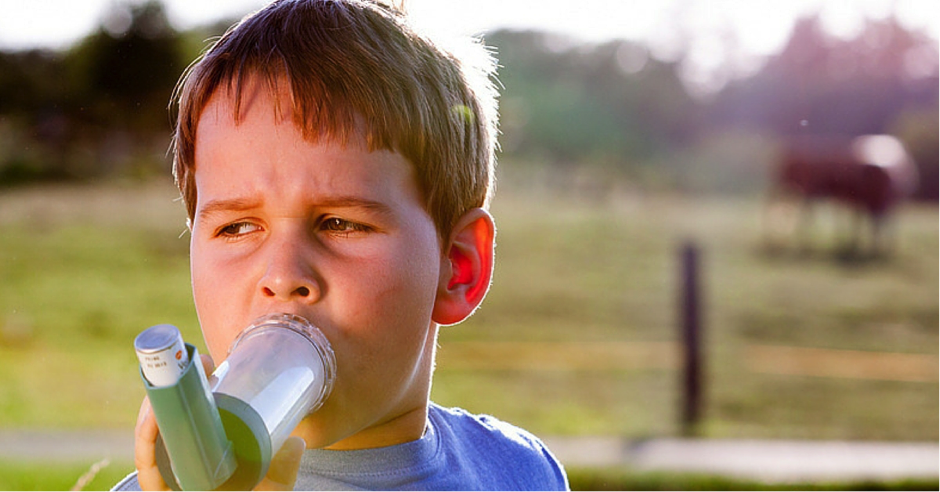Yes. The dreaded flu season will be upon us soon. Past seasons have shown us that influenza is highly contagious, debilitating and in some cases fatal. And it can strike without warning. Here are some quick facts:
- Influenza is a viral infection spread through contact and breathing contaminated air.
- There are many strains of the influenza virus and it mutates quickly. The dominant strain in the last season was Influenza A.
- The flu season in Australia runs between May and October, peaking in August and September. In 2016, the Department of Health report shows the season peaking on September 2 nationally and a bit later in South Australia and Northern Territory.
- Data shows that very young children (under 5) and older people (over 75) are most vulnerable to influenza.
- In 2016, a total of 83,092 confirmed cases were reported, the largest number being in NSW (33,826). Of these 92 were fatal, according to the Influenza Surveillance Report. Other sources say influenza and related complications claim about 3,000 lives a year.
In Australia, it is the influenza A, B and C strains which are most common. Type A is the most infectious, with severe symptoms, Type B is less so. The flu vaccine protects against both strains. Influenza C is a bit kinder, causing milder symptoms and is less infectious.
Symptoms of the flu:
Flu symptoms are often accompanied by cold symptoms and are quite severe. Among the most common symptoms are:
- Sudden high fever over 38℃
- Dry cough
- Body ache
- Sudden, unexplained exhaustion
- Chills
- Sore throat and a cough
- Runny and stuffy nose
Less common symptoms (depending on the strain) can include:
- Stomach cramps, vomiting, diarrhoea
- Loss of appetite
- Headache
- Dizziness
In most cases, these symptoms will be strong enough to see the GP. While it is not advisable to take antibiotics (the flu is a virus, not bacteria), the GP may advice you to take an OTC fever and pain reliever, along with plenty of rest. Drinking plenty of hot, clear fluids like soup and herbal teas can help you feel better. As will inhaling moist, warm air to clear your breathing passages. Flu symptoms can take a week to 15 days to subside.
The flu shot programme, 2017
Given the seriousness of flu outbreaks, the government provides a free flu shot to vulnerable groups under the National Immunisation Programme. As of April 2017, some leading chemists and most GPs will dispense the flu shot, which will protect against 4 virus strains – two of type A and B each. Some businesses also provide free shots to those not covered under the government programme to prevent an outbreak among their staff. The vulnerable groups entitled to the free flu shot include:
- Those over the age of 65
- Pregnant women
- Those over the age of 6 months with the following medical conditions (referred to as ‘medically at risk’):
- Severe asthma
- Heart or lung disease, diabetes
- Chronic illnesses like renal failure
- Low immunity
- Neurological disorders such as multiple sclerosis and others
- Two groups of Aboriginal and Torres Strait Islanders:
- Those aged 6 months – 5 years
- Those aged 15+
There has been a real effort to vaccinate these vulnerable groups, more because of the complications from flu. These could include:
- Chest infection, pneumonia, bronchitis and sinusitis
The flu vaccine has been customised for different age groups, and is also changed each year to combat the most prevalent virus strain. That is why the flu vaccine must be administered every year for it to be effective. If you belong to one of these vulnerable groups, the best time to get vaccinated is April, so that immunity is built before the season peaks.
Precautions to take in a flu outbreak
The Victorian government’s Better Health Channels recommends you take some of these measures if you or a loved one does catch the flu:
- Stay at home for at least 7 days. No school or office, and avoid crowded public places.
- Don’t share linen, eating utensils and dishes with someone who has the flu.
- Cough into a disposable tissue or into your elbow.
- Everyone should frequently wash their hands with soap.
At the height of the flu season it is inevitable to be exposed to the flu virus. So, if you belong to a vulnerable group, call your GP today and make an appointment for the flu shot. If you don’t qualify for a free shot, consider if your situation requires you to have one (e.g. a school teacher, nurse etc.). If you’ve decided against getting a flu shot, take all the precautions you can. And if despite all this, you do get the flu, see your GP and rest well.




